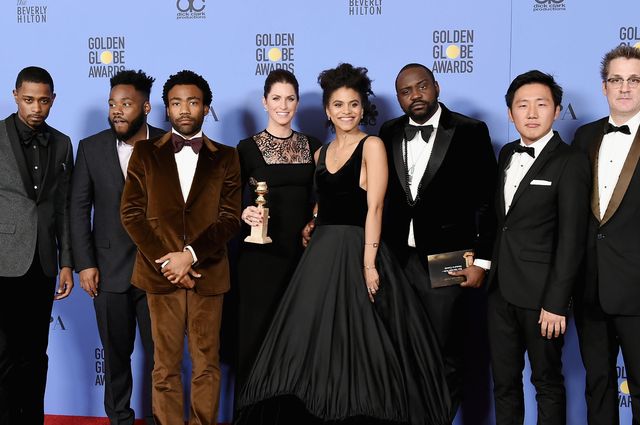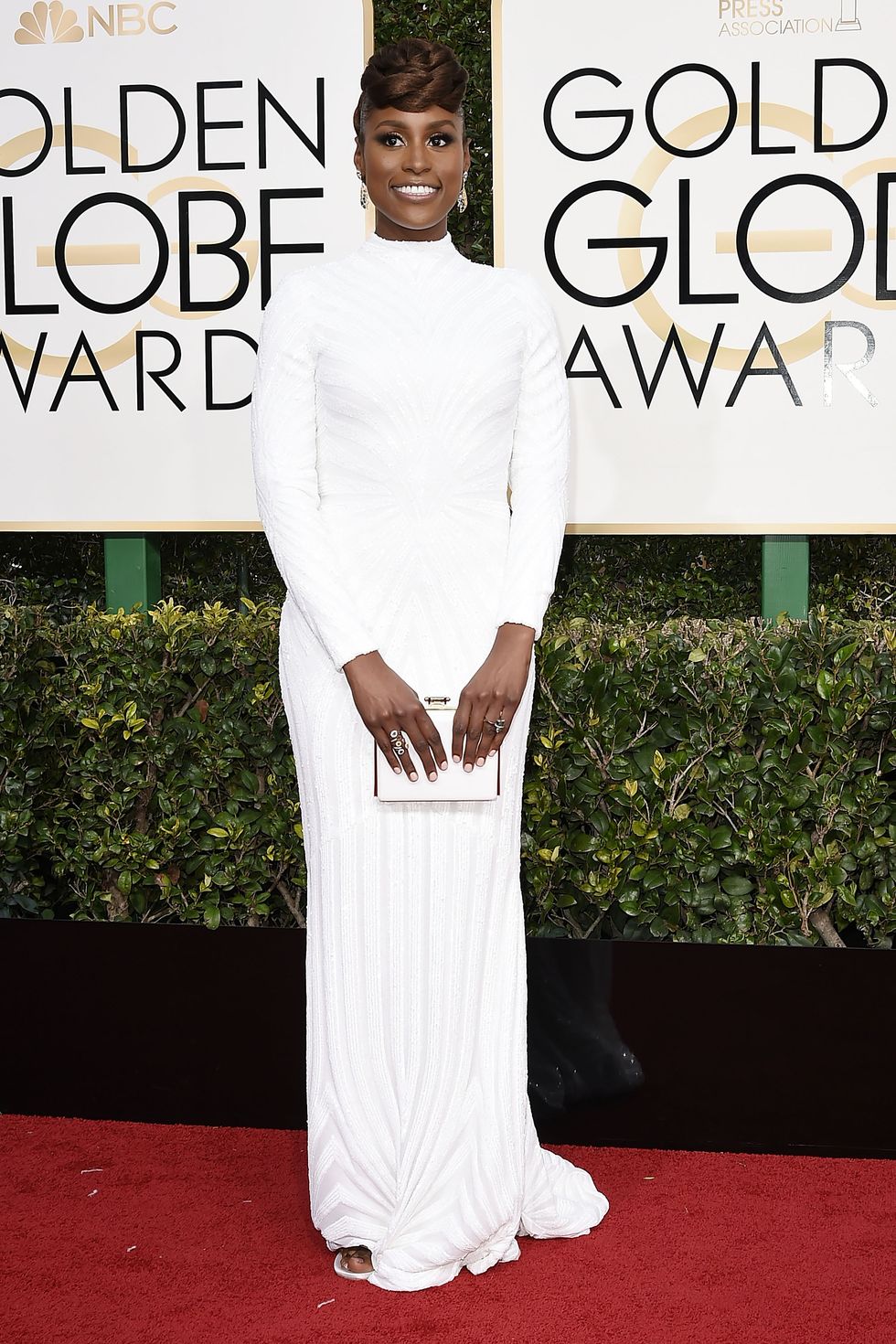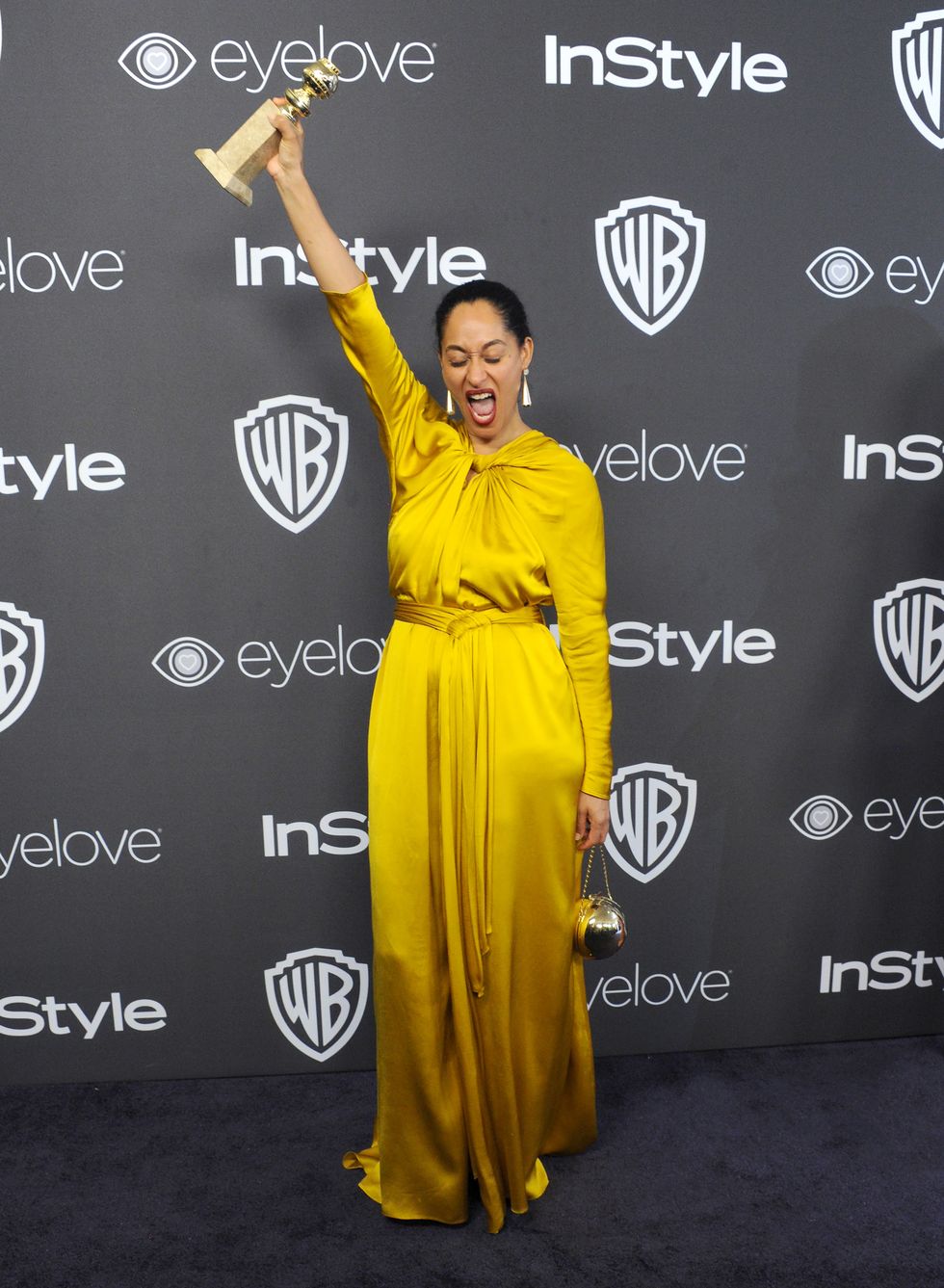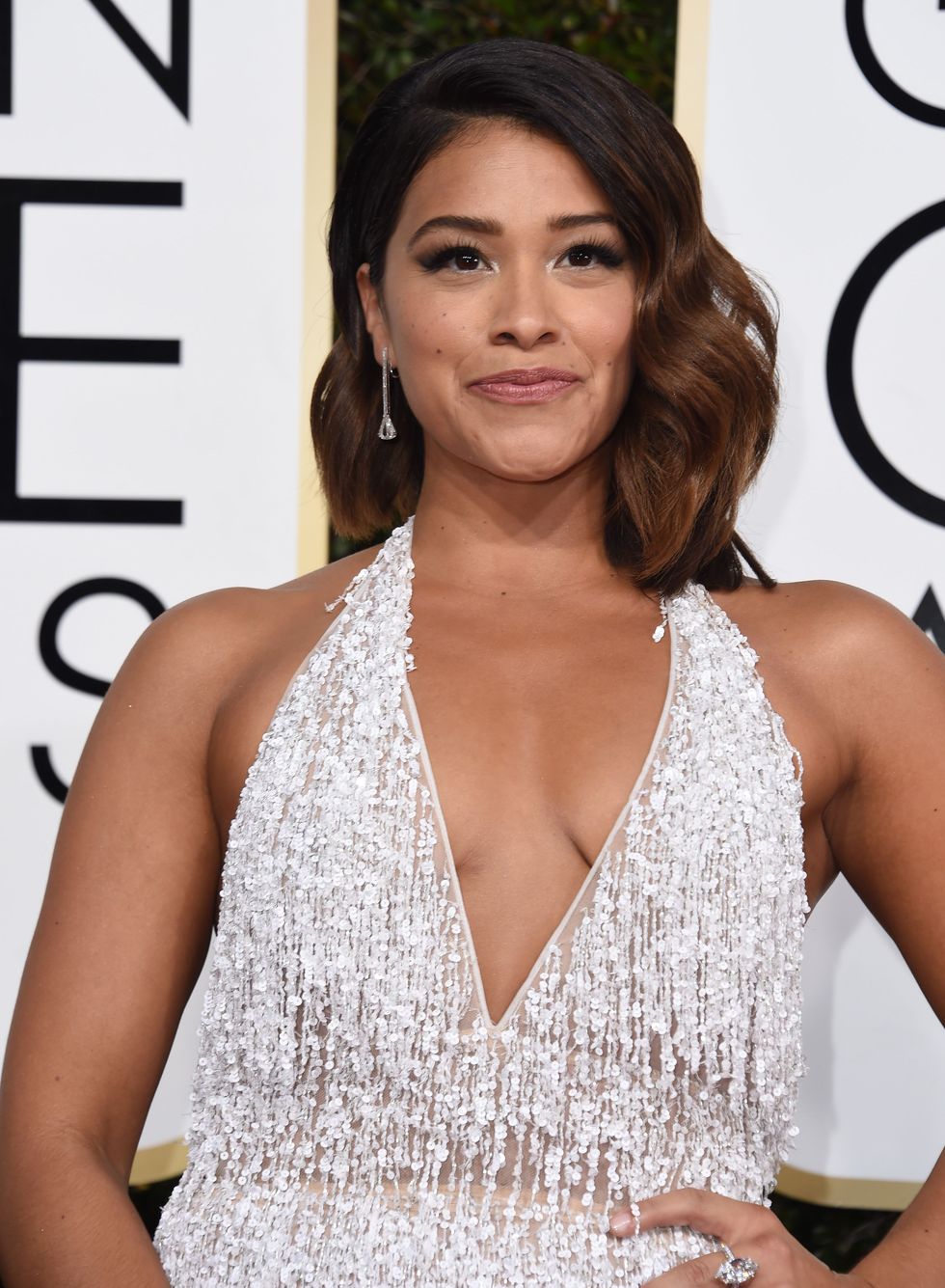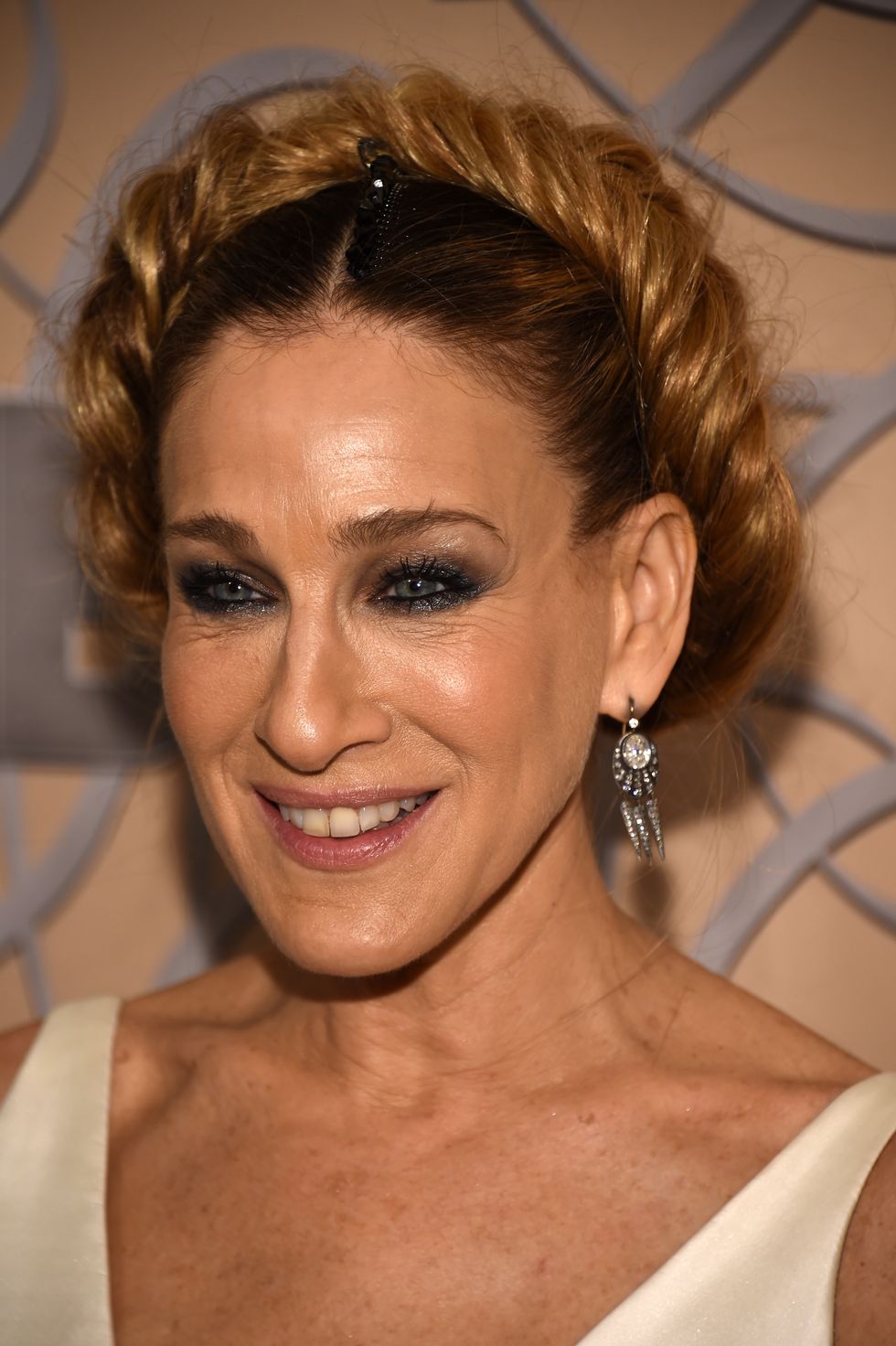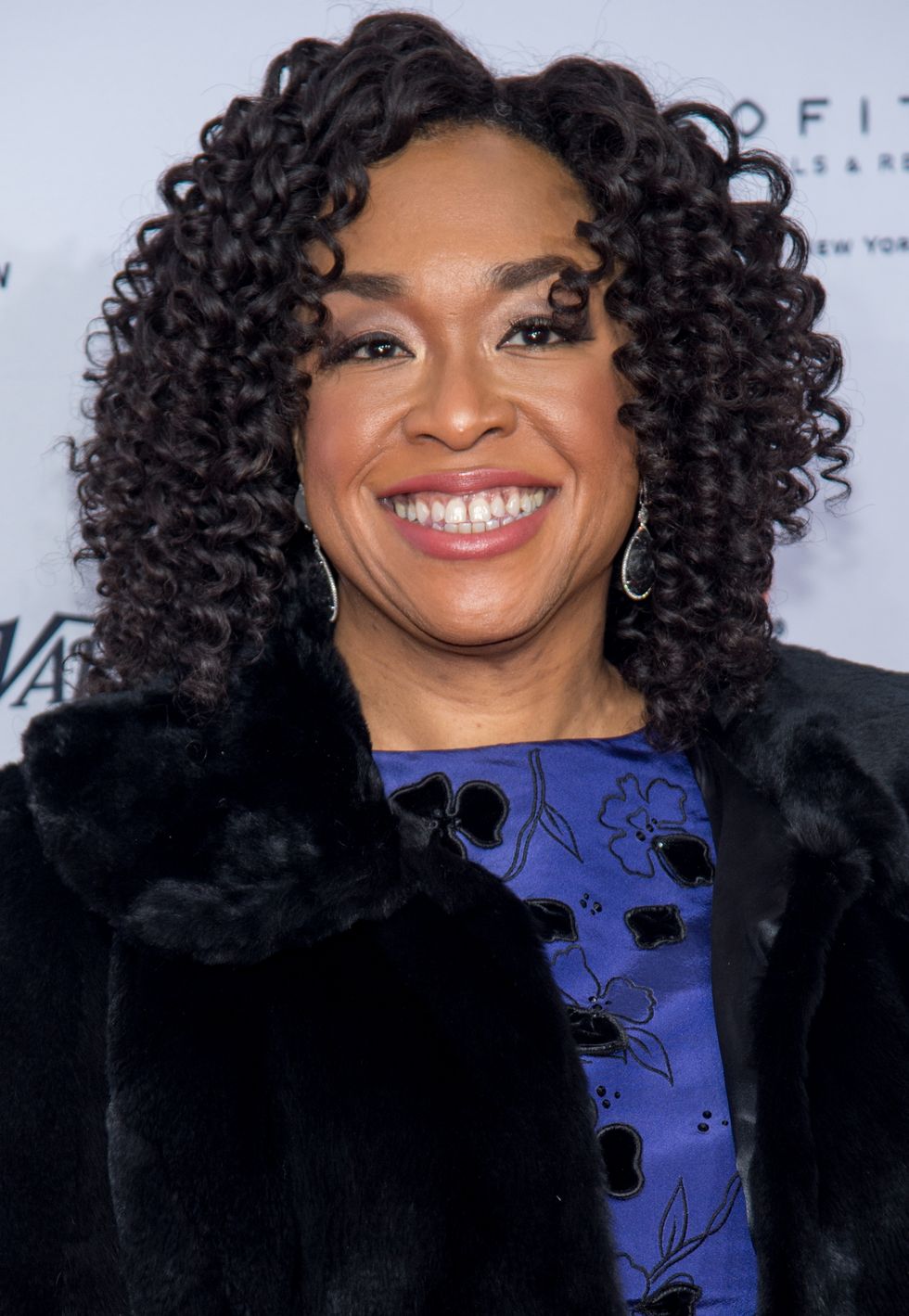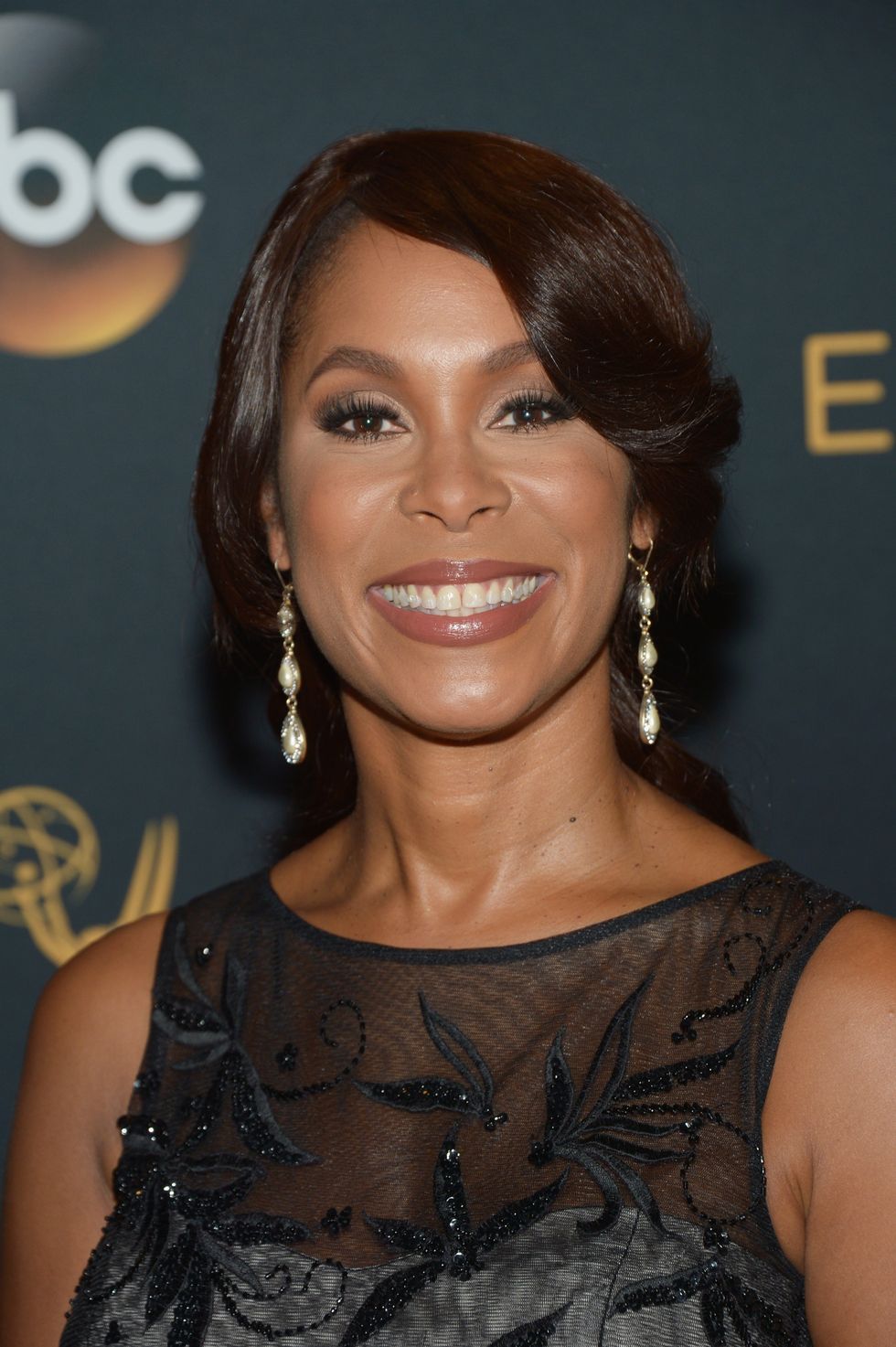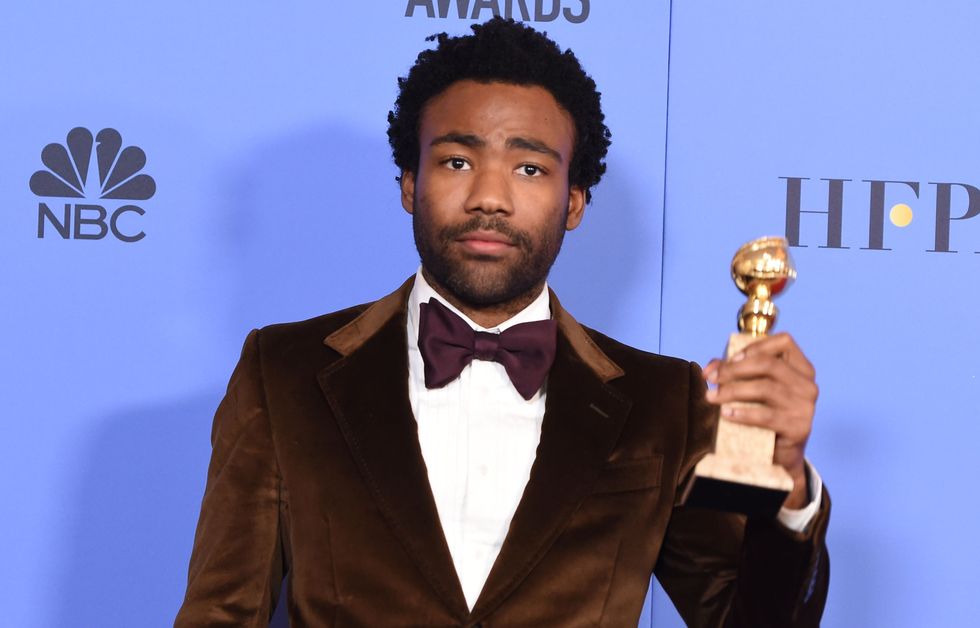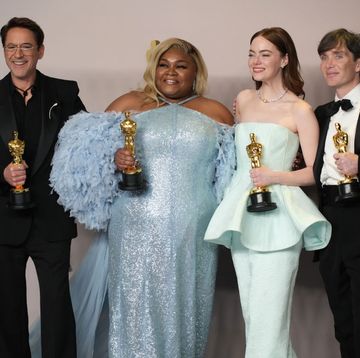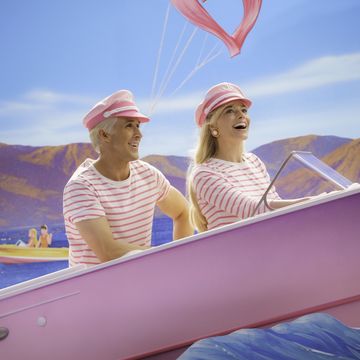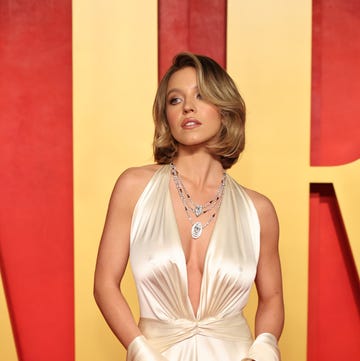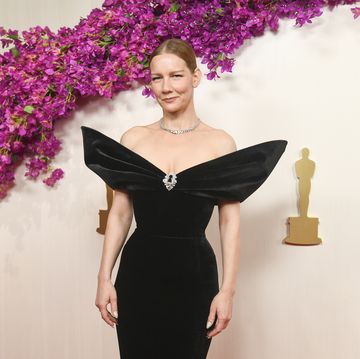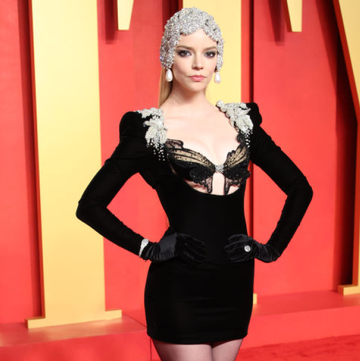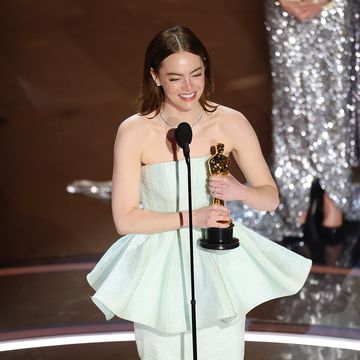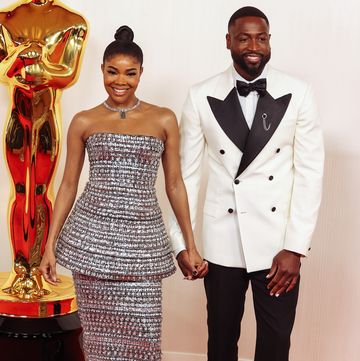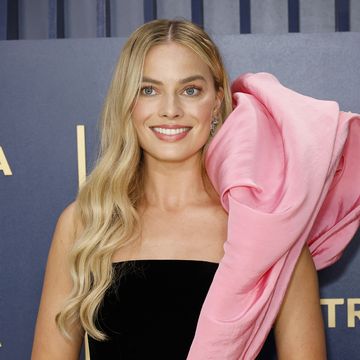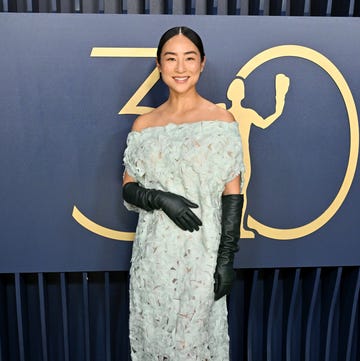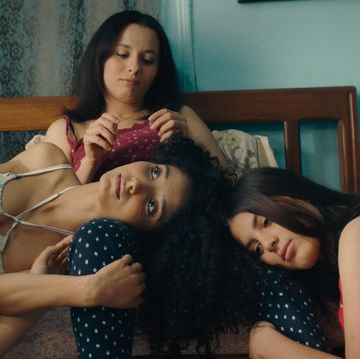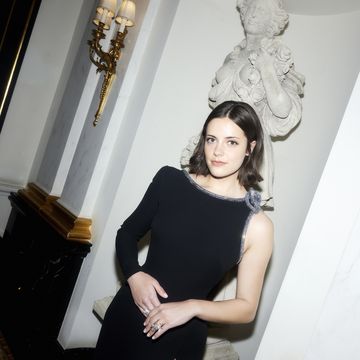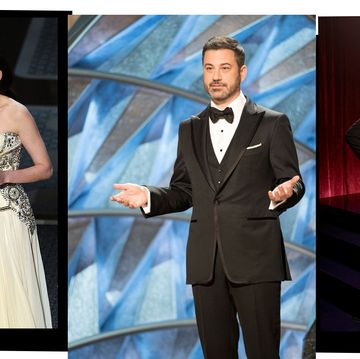You may have noticed last night that the Golden Globes 2017 TV nominations were a little more diverse than their film counterparts.
In fact, you may have noticed that whether you watched the 74th annual Golden Globes or not.
Women of different ages, people of different gender identities, sexualities and races are way more visible on the telly (or laptop, welcome to the future) than they are at the cinema, it would seem.
Apart from a few, notable, exceptions, like Moonlight or Fences, the Film nominations were dominated with white, male storylines.
But in TV?
Let's take a look at the Best actress in a TV series nominations.
The category had two African American nominees, Issa Rae from Insecure and Tracee Ellis Ross.
Tracee Ellis Ross went on to win for her role in Donald Trump's favourite show Black-ish.
One American Latina actress, Gina Rodriquez from Jane the Virgin.
That's already half a category full of WOC.
Sarah Jessica Parker (for Divorce) and Julia Louis-Dreyfus (for Veep) have had about 60 years of work under their belts combined, which means traditionally in Hollywood, it's time to be a witch, Mrs Claus or a Grandmother, and yet, they were nominated.
Here is an Amy Schumer sketch to illustrate this point.
Interestingly Rachel Bloom, of My Crazy Ex-Girlfriend, has also been heralded as a kind of diversity.
Bloom, who won a Golden Globe last year, got her break uploading videos on YouTube and now writes the very show she stars in.
There are so many examples of this kind of diverse viewing when looking down the list of nominees and winners from last night, as well as shows not mentioned this year (like Orange is the New Black, for example).
But why is TV so much more successfully inclusive than the film industry?
Well, there are a few reasons.
Firstly TV Gatekeepers are themselves more diverse.
Now, how this happened itself is another question all together, but, one of the most important ways of getting more diverse characters on-screen is by having heads of networks and television channels, as well as directors and writers, be diverse too.
Shonda Rhimes is one of the most powerful women in TV.
She created, wrote and executive produced Grey's Anatomy and Scandal.
She also produced How To Get Away With Murder (amongst other things), which stars Viola Davis.
Last week, ABC network made history by naming their first African American Head of Entertainment, Channing Dungey.
Television viewers are important.
Another factor is that, according to the LA Times, black viewers in the US spend 37 per cent more time watching TV than other racial groups.
That means it makes financial sense for the shows to reflect their audiences.
TV also has more room to explore.
As the film industry is slimming down and making cuts, streaming services like Netflix mean TV has apparently doubled in output of new series in the past six years.
Channing Dungey said this of TV's unique position:
'In television, we are fortunate because we get to try a lot of things; we get to take a lot of shots,' Dungey said in an interview.
'It gives us a great opportunity to tell many different stories from diverse points of view.'
Then there was the activism.
Another reason for TV diversity seems to stem from outward pressure that was placed on TV networks on activist groups a while ago.
If this is the case, TV could be a blueprint of how the Film industry might follow, if they pay it a little more heed.
As more and more people become vocal and educated about on-screen diversity, hopefully the Gatekeepers of Hollywood will have no choice but to reflect their potential viewers in the stories they tell.
Daisy Murray is the Digital Fashion Editor at ELLE UK, spotlighting emerging designers, sustainable shopping, and celebrity style. Since joining in 2016 as an editorial intern, Daisy has run the gamut of fashion journalism - interviewing Molly Goddard backstage at London Fashion Week, investigating the power of androgynous dressing and celebrating the joys of vintage shopping.
